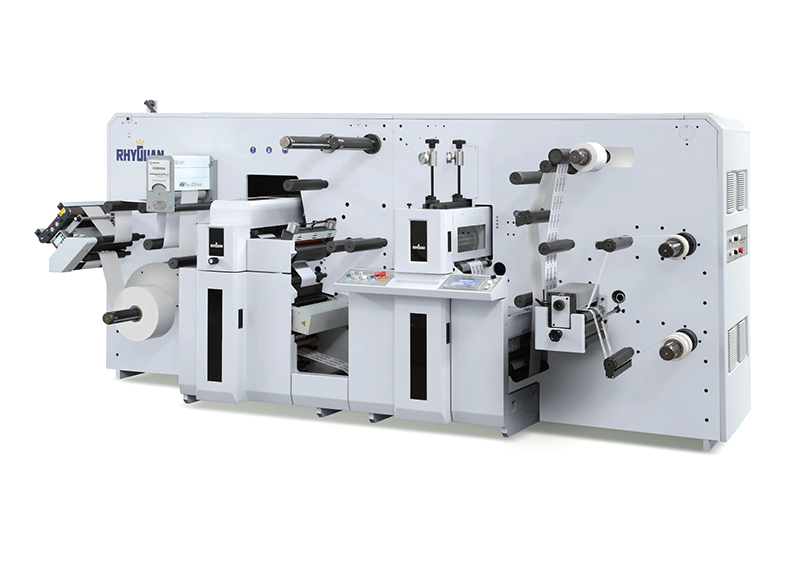Many people know a Digital Finishing Machine works in post-print processing, but they often don't clarify which specific industries rely on it. This article breaks down the core industries that benefit from this equipment, explaining why it's a practical tool for meeting industry needs—not just a “nice-to-have."

The packaging and label sector is one of the most common users of this equipment. Labels and packaging materials vary widely, from paper for food labels to thin films for cosmetic bottles.
These materials need multiple post-print steps: precise cutting, adding decorative elements (like hot stamping), or applying protective coatings.
A Digital Finishing Machine streamlines these steps into one workflow, so there's no need to switch between devices. This saves time and ensures consistent final products—critical for brands needing uniform packaging.
Commercial printing shops handle diverse orders: small-batch marketing materials (brochures, flyers) and custom promotional items (branded stickers, event badges).
Unlike large-scale industrial printing, commercial jobs have short turnarounds and frequent design changes.
A Digital Finishing Machine adapts quickly—adjusting cutting sizes or finishing effects without lengthy setup times. This helps shops meet tight deadlines, even when clients request last-minute changes.
The pharmaceutical industry has strict labeling rules: labels must have clear information (dosage instructions, expiration dates) and be durable enough for storage (moisture, temperature changes).
A Digital Finishing Machine meets these standards with precise cutting (to avoid blurry text) and protective layers (like UV coatings) that prevent fading or smudging.
It also handles sterile materials safely, aligning with the industry's focus on hygiene and compliance.
Electronics (smartphones, small appliances) use small, precision-cut labels and components (adhesive pads, insulation films). These parts need perfect fits in tight spaces—minor cutting errors make them useless.
A Digital Finishing Machine offers the high accuracy needed for these tiny components, ensuring each piece matches device specifications.
It also handles delicate materials (thin plastic films) without damage, which is key to maintaining electronic product performance.
A Digital Finishing Machine isn't limited to one or two sectors—it's a versatile tool for industries needing efficient, accurate, adaptable post-print processing. It solves unique challenges that manual or single-function equipment can't, from consistent packaging to meeting strict regulations. Whether it's a small commercial print shop or a large pharmaceutical manufacturer, using this machine improves workflow and product quality.
If you want to explore how a Digital Finishing Machine fits your industry's workflow, visit our product page to learn more about sector-specific solutions.
● Another PLUS-330 Machine Installed in Latin America
● Another Two Installations at Customers’ Site
● Rhyguan Plus Month
● Top security level in Rhyguan
● Another Rotary Die-cutting Installation at Cutsomer’s Site
● Perfect Factory Acceptance Testing for Label Inspection Machines
● New Rhyguan Factory Preview
● Rhyguan Industrial 4.0 Live Presentation